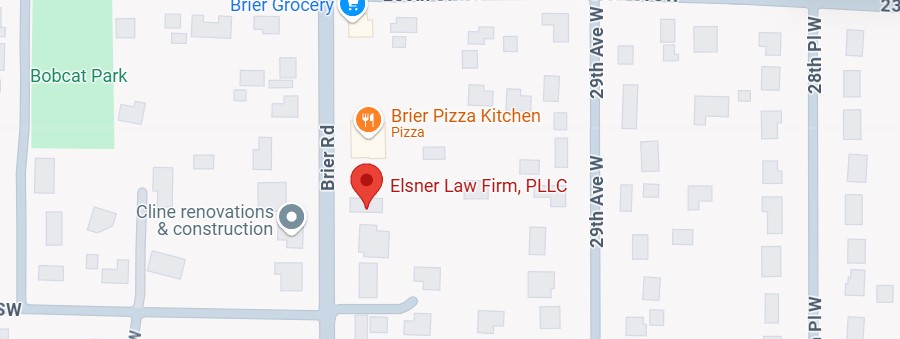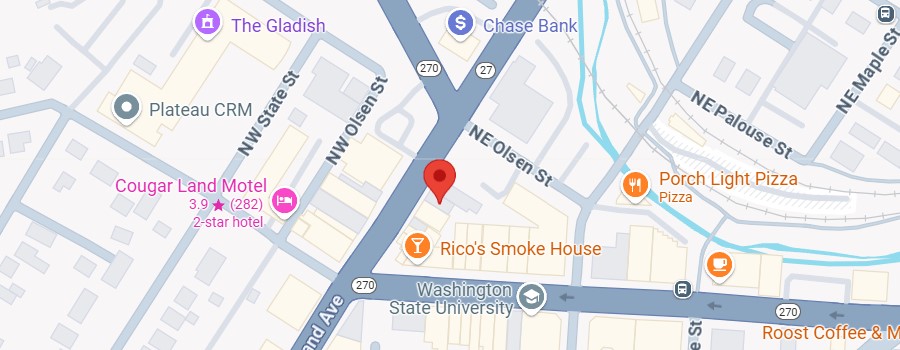Understanding Damages in Your Personal Injury Case
Have you experienced an injury due to an accident in Washington? If you’ve suffered emotionally as well as physically, you may be entitled to compensation for your emotional distress. Let’s delve into the details of how Washington separates damages in personal injury cases.
Types of Damages in Washington Personal Injury Cases
-
Economic Damages:
These include clear-cut monetary losses such as lost wages, medical bills, and funeral expenses. They are the tangible, financial costs directly linked to the accident.
Economic Damages in Detail
Economic losses are often more straightforward and include the following:
- Medical Expenses: Costs for medical treatment, including ambulance fees, hospital bills, doctor visits, medications, and medical equipment
- Lost Wages: For the time you’re unable to work due to your injuries.
- Property Damage: For damage to personal property, such as your car.
- Household Services: If you require services or modifications at home due to your injury.
- Travel Expenses: If you incur additional travel costs for medical treatment.
- Funeral Costs: If the worst occurs and funeral arrangements are necessary.
-
Non-Economic Damages:
This category accounts for the subjective, non-monetary losses such as emotional distress which impact your psychological and emotional well-being. These losses are not as easily tallied as the bills from a hospital, but can be just as damaging, if not more so.
Types of Non-Economic Damages
- Pain and Suffering: This encompasses physical discomfort and mental distress.
- Mental Anguish: Proven through expert testimony detailing severe anxiety, insomnia, and potential PTSD.
- Loss of Enjoyment: Inability to partake in beloved hobbies or activities.
- Disfigurement: Compensation for scarring or bodily changes that cause ongoing distress.
- Loss of Consortium: Compensation for relationship strain, including disruptions in intimacy due to resulting injuries.
Emotional Distress Explained
Emotional distress is a significant psychological strain placed on an individual. In legal terms, it represents the emotional pain and suffering one goes through as a direct consequence of physical injury or trauma.
When you file a personal injury lawsuit, including emotional distress means seeking restitution for the mental toll the incident has had on your life. Severe injuries might result in:
- Sleeplessness due to anxiety
- PTSD
- Nightmares
- Panic attacks
- Fear and paranoia
- Depression
- Humiliation
- Frequent crying or emotional outbursts
- Reduced intimacy and enjoyment in personal relationships
To underscore the importance of emotional distress in your claim, it’s crucial to seek the assistance of a seasoned personal injury attorney.
Documenting Emotional Distress
Emotional suffering is not always visible or easily proven, and opponents may contest its presence in claims. Victorious claims often rely on detailed documentation of the distress and its effects on your day-to-day life. This includes seeking professional diagnosis and treatment.
Factors to Consider in Your Claim:
- Intensity: How deeply does emotional distress affect your daily life?
- Duration: Discuss with your physician the length and expected trajectory of your symptoms.
- Physical Harm Correlation: Emotional distress generally needs to be accompanied by physical injury to substantiate the claim.
- Prognosis: Your mental health professional’s predictions regarding your recovery from emotional trauma are vital.
Refer to Washington State’s Law on Non-Economic Damages for further insight.
Dealing with personal injury extends beyond physical harm; it involves addressing the emotional repercussions that echo long after the physical wounds have begun to heal. Understanding your rights to compensation for both economic and non-economic damages is crucial in moving forward.
Let’s talk about your rights and how we can bring some solace to your story. Because at Elsner Law Firm, we believe in fighting for the full scope of your recovery – your happiness, your well-being, your future. Call us today for your free consultation 206-447-1425.





